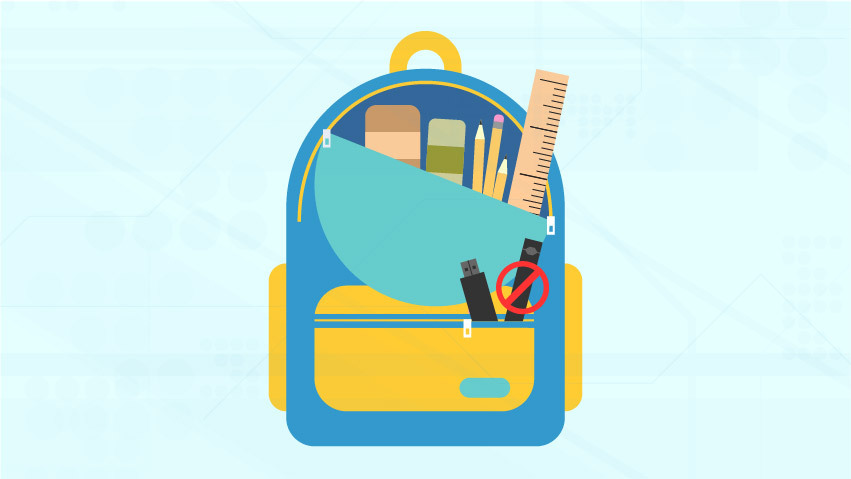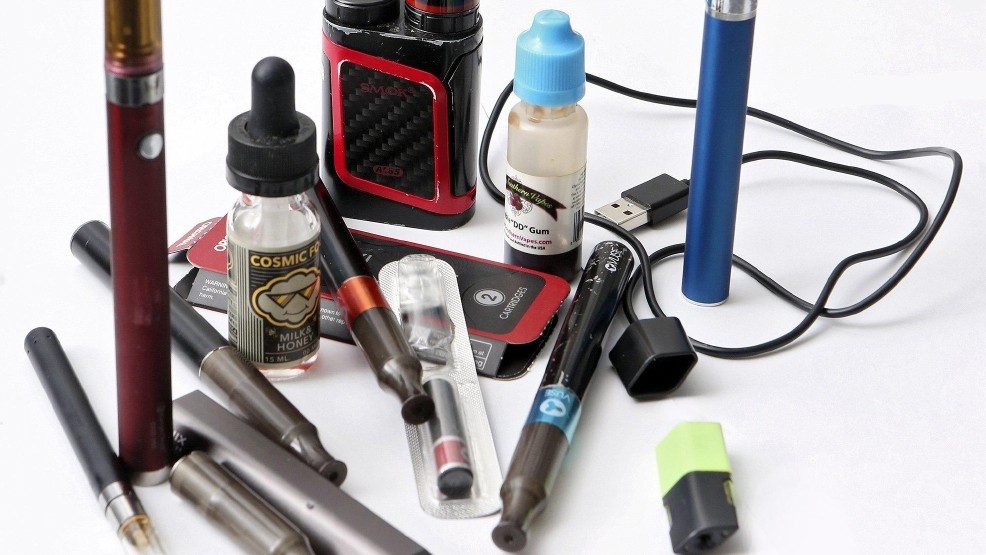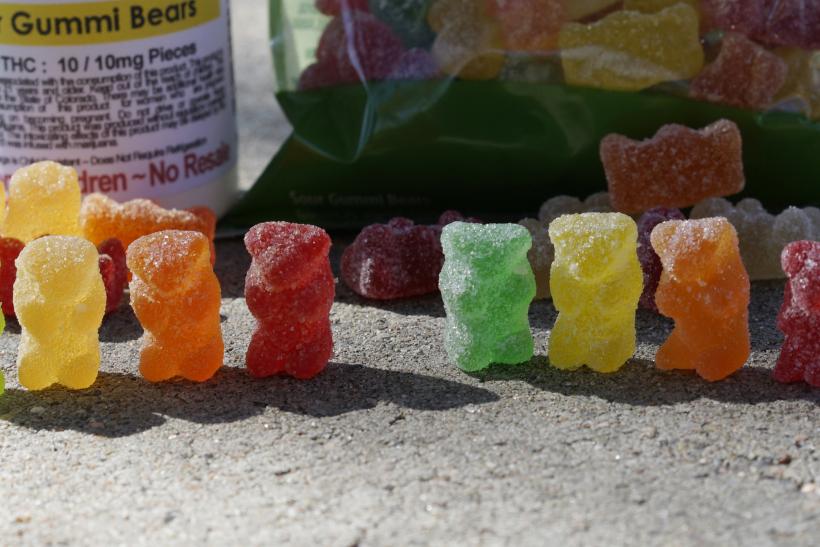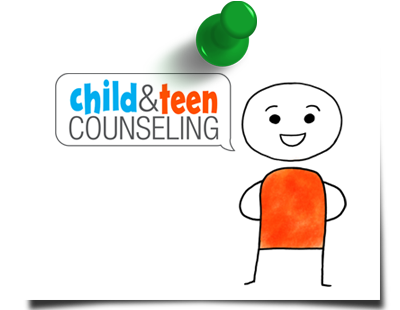The 411 on Your Teen & Marijuana
If you want to talk to your son or daughter about marijuana, pot, weed, whatever you feel comfortable calling it, I think it is important for you to know basic facts about the drug.

The D.E.A., Drug
Enforcement Administration, classifies drugs based upon abuse rate. There are
five classifications, with I representing the most potential for abuse and
cause of severe psychological and/or physical dependence and V representing the
least potential for abuse. (1) Marijuana
is considered a Class I drug along with others such as heroin, lysergic acid
diethylamide (LSD), 3,4-methylenedioxymethamphetamine (ecstasy), and peyote. (1)
So, What Exactly
Is Marijuana?
The D.E.A.
describes marijuana as “a mind-altering (psychoactive) drug, produced by the
cannabis sativa plant… contain[ing] over 480 constituents.” THC
(delta-9-tetrahydrocannabinol) is believed to be the main ingredient that
produces the psychoactive effect. In other words, the THC found in marijuana
allows its users to have sensitivity to things like colors and also inhibits some
motor coordination, which is why driving should be greatly avoid when using
marijuana, just like alcohol (3).
Most
Common Forms Used

Vaping is the most common form used for adolescents using marijuana. Vaping is when one breathes in vapor, aerosol, or mist that contains hash oil or other forms of cannabis through an electronic or battery-powered device. (5)
Edibles are food substances that are “spiked with cannabis extracts” to induce a high. It is noted that this is the second most common form used as it allows teens to hide any smells from their parents, guardians or other caretakers. (6) The effects of edibles take longer to set in than smoking or vaping, therefore it has caused the most medical emergencies of overuse. (8)
Smoking marijuana out of a pipe, bong, or rolling papers is currently the
least used method today for adolescents. This is again due to the smell as well
as not being able to easily choose potency and flavor like consumers are able
to partake in when using vapes. (6)

Effects
People who use
marijuana prior to the age of 12 are twice as likely to experience a serious
mental illness compared to those who first use marijuana at age 18 or older.
(7) Furthermore, research shows girls (ages 14-15) who used marijuana daily
were 5 times more likely to face depression at age 21. (7) Marijuana can have a
serious impact on children and young adults, as their brains are still developing.
Marijuana Is Addictive
About 1 in 6
people who start using as a teen and 25-50 percent of those who use it every
day become addicted to marijuana. (7) About 10% of people who use marijuana may
develop a marijuana use disorder, resulting in “problems with their health,
school, friendships, family or other conflicts in their life”. (8)
Withdrawal
As with any
addiction, stopping marijuana use may cause withdraws symptoms of irritability,
sleeplessness, lack of appetite, which can lead to weight loss, anxiety, and drug
cravings. These symptoms can last for several days to a few weeks.
Use
5% of students in
8th grade, 14% of students in 10th grade, and 23% percent of students in 12th
grade have useed marijuana. (5) From 2007 to 2017, alcohol use among adolescents
decreased by 10%, but marijuana use among adolescents increased by 4%. (5)
Now What?
If you know your teen is using marijuana, you’ve won half the battle. This is not the end of the world. If you’re upset, try to take a breath and calm down. Hostility will not help when confronting your child—but coming from a place of understanding and care will.
You are now informed and can in turn gently inform them of why you’re concerned and how serious it can become. If they are able to be open with you, great! Allow them to experience this and put in place adequate and fair ramifications. They may feel you’re overreacting, they may not be able to hear you, there may be something more serious going on that they do not feel they can share with their dreaded parents (sound familiar?).
Thankfully there are many support systems in your reach: you can notify their school counselor to be aware of them at school without shouting it from the rooftops, keep an eye on their friend group or changes in personality/motivation, and consider bringing them to therapy. It is common for teens to start breaking away from their parents as their sole support system but it is helpful for them to have someone experienced outside their circle to help them when needed.
As always, feel free to reach out to me with any questions! Jennifer@ChildTeenCounseling.org
(1) https://www.dea.gov/drug-scheduling
(2) https://www.drugabuse.gov/publications/drugfacts/hallucinogens
(3) https://www.dea.gov/taxonomy/term/336
(4) https://www.ncbi.nlm.nih.gov/pmc/articles/PMC3181663/
(5) https://www.hhs.gov/ash/oah/adolescent-development/substance-use/marijuana/index.html
(6) https://consumer.healthday.com/public-health-information-30/marijuana-news-759/smoked-vaped-eaten-u-s-teens-use-pot-in-many-ways-738120.html
(7) https://www.verywellmind.com/marijuana-use-by-teens-statistics-2610207
(8) https://teens.drugabuse.gov/drug-facts/marijuana

